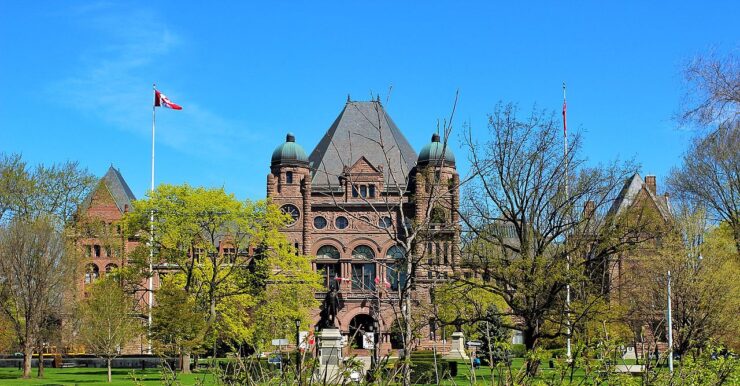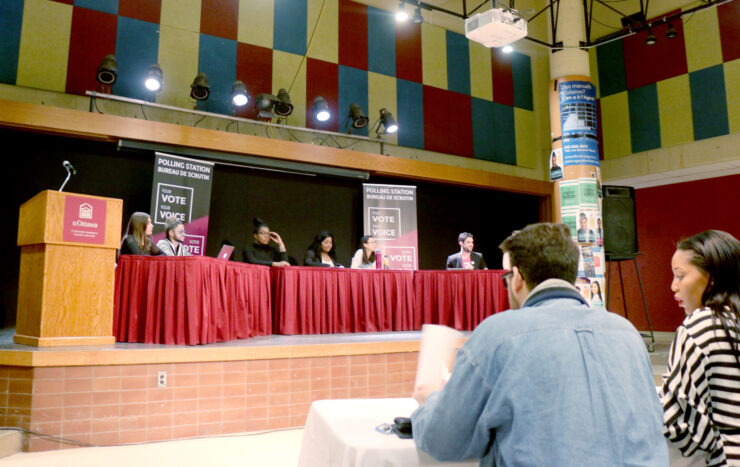The legal aid clinic at the U of O is one of many services students can opt out of paying fees for this semester under the province’s Student Choice Initiative, but the clinic director says the policy puts students at risk of losing essential aid if they are in a legal issue.
“You don’t know if you’re going to have a legal problem, it’s difficult to predict,” says director Louise Toone. “For essentially the cost of a cup of coffee ($3.38 per semester), if you do face a problem you’re going to get some assistance and some help in dealing with the issue which can be very stressful and ultimately have an impact on the student’s well being. If people are stressing about losing their home, it’s difficult to be studying for your exams or writing your paper.”
Toone says the clinic prioritizes helping students at the University of Ottawa and Carleton University. The clinic provides students with services in notary, legal advice and court representation. “If we weren’t giving these services for free to students, they would have to pay for them in a law office,” says Toone.
She says the demand for legal assistance in cases such as landlord-tenant disputes is overwhelmingly high, especially when it comes to eviction cases. “We could probably have 10 more clinics in Ottawa offering services in this area of law — the demand is huge, ” Toone says.
The clinic receives 20 per cent of their funding from students, but they’ve also received cuts from the Ontario government. Legal Aid Ontario provides services to clients who cannot afford legal services. The provincial government announced in April that Legal Aid Ontario would receive budget cuts of 30 per cent, equal to $133 million.
This summer, Toone says the clinic reduced the number of students they hired in for the fall semester, but she says she worries about how it will affect law students going into the winter semester.
The legal aid clinic works with law students at the university for an accredited course, but the students have to be supervised by a lawyer. If funding cuts are extreme, Toone says they may have to reduce the number of students who are able to work and study at the clinic.
Toone says the clinic is luckier than other campus services who rely on students to opt in to their service.
“Because we have another source of funding, we’re able to not just sort of shut down or cut half our services,” she says. “We’re able to keep going at least for now. It doesn’t mean that we’re not going to have to make some tough decisions going forward.”









